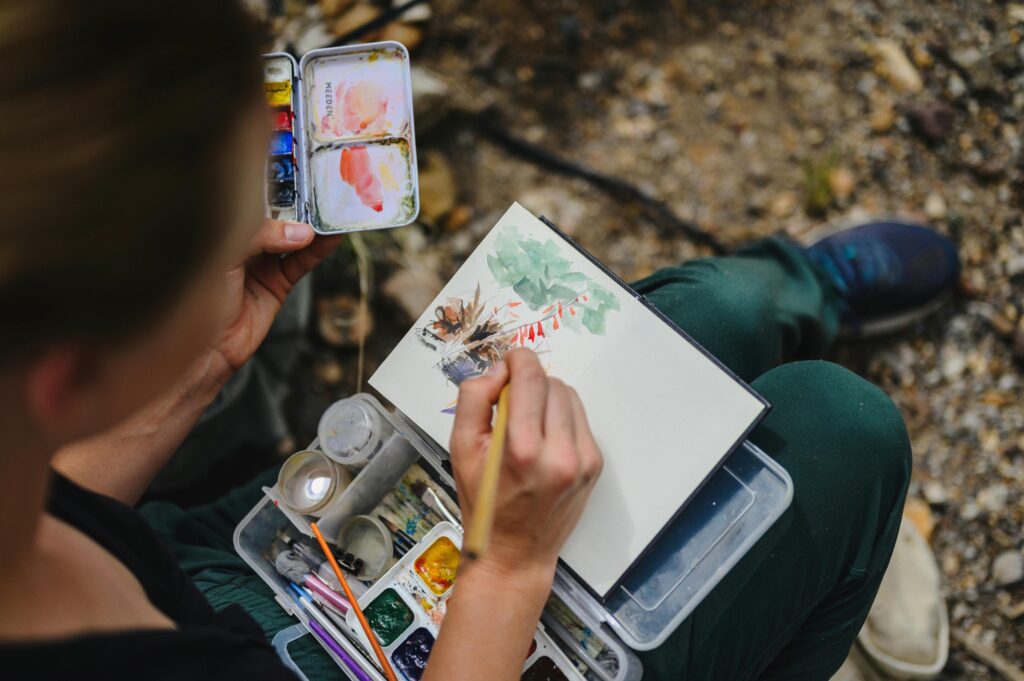The Monitor, an independent research by 'De Gezonde Stad'
How green, healthy and sustainable were we really in 2020? What was the influence of Covid on the five pillars and what can we do to help Amsterdam’s transition towards sustainability? Using the findings from DeMonitor 2020, this blog posts some highlights!
- Geplaatst 15 april 2021
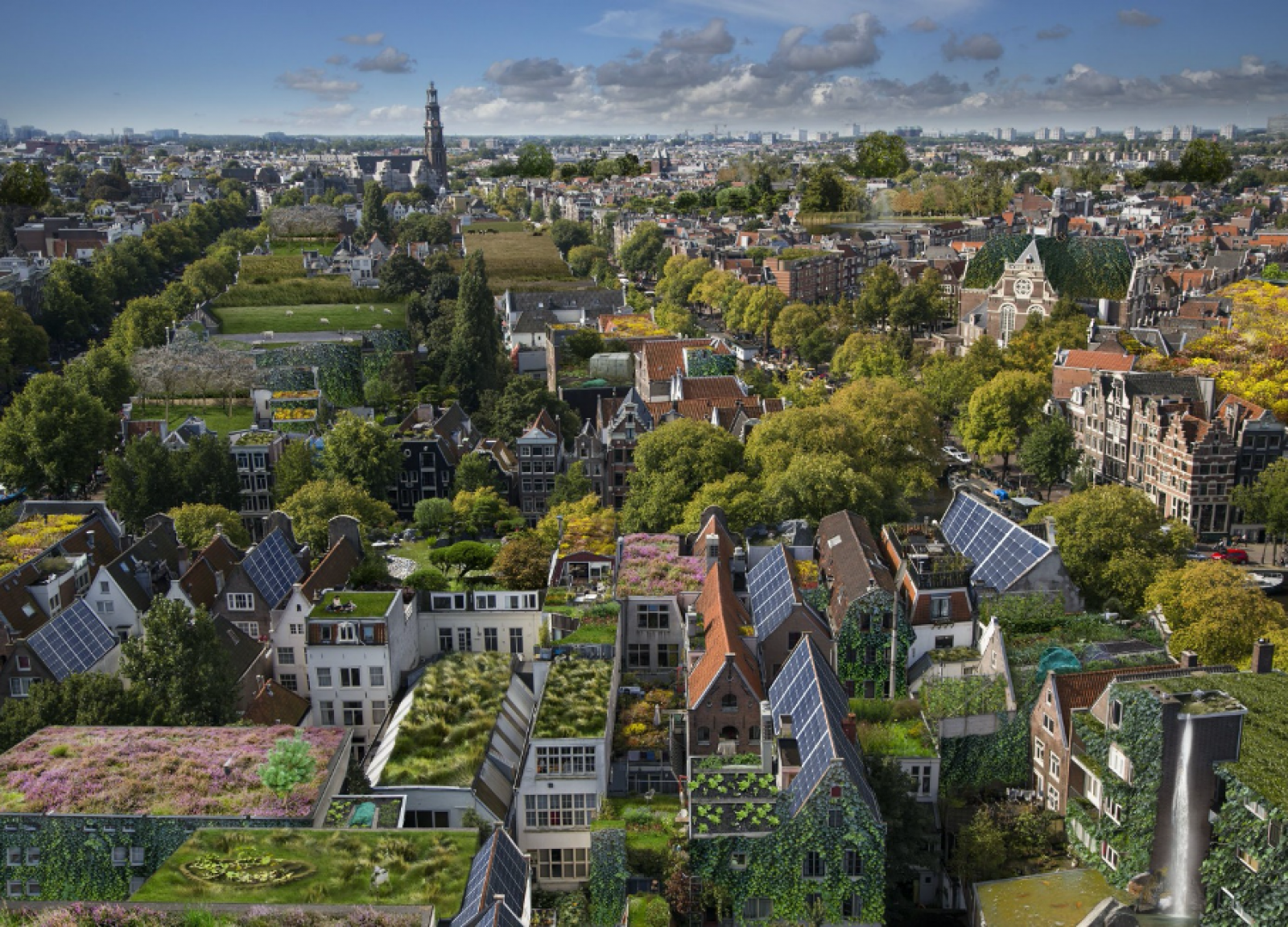
The Monitor 2020
In the last year, the global pandemic has challenged our daily routines, our mental and physical well being, our freedom of movement and the ways we interact with our local environment. In Amsterdam, a city committed to becoming healthier and more sustainable for its citizens and visitors, we have witnessed a greater sense of togetherness, connectivity and a collective transition towards the sustainable city. This is one of the findings in the latest Monitor report, De Monitor 2020 (in dutch), published by De Gezonde Stad. Every year De Gezonde Stad (The Healthy City) collects the latest facts and figures on Amsterdam’s green spaces and air quality, our energy use, waste production and food consumption – the five pillars – to help its citizens understand how close (or far) we are to a healthy and sustainable Amsterdam. Reflecting on the five pillars in the Monitor report, we also learn about the initiatives, achievements and developments blooming across the city, and feel inspired to take action.
So how green, healthy and sustainable were we really in 2020? What was the influence of Covid on the five pillars and what can we do to help Amsterdam’s transition towards sustainability? Using the findings from DeMonitor 2020, this blog posts some highlights!
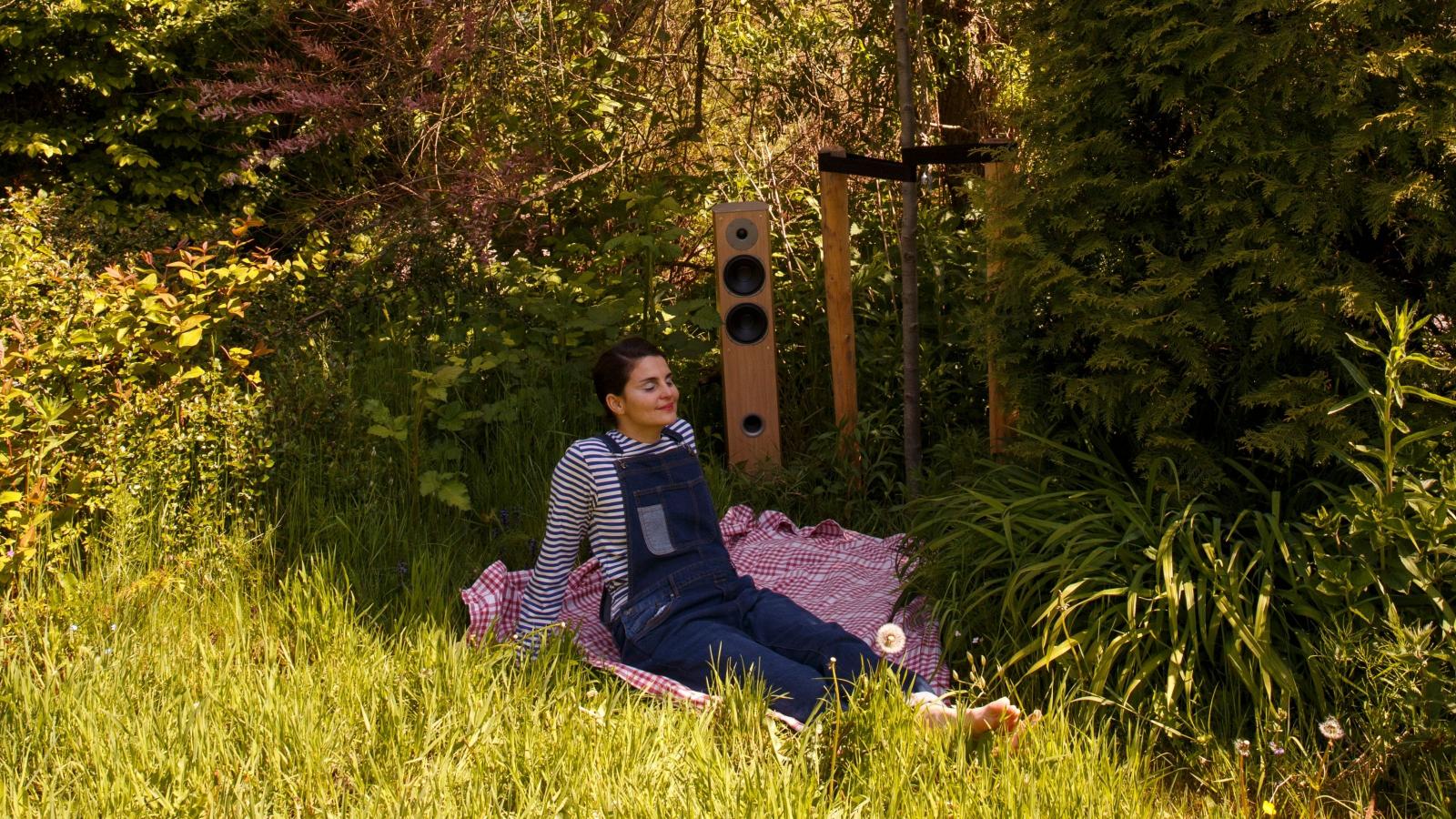
Green Space
Green Space
In 2020, Amsterdam citizens on average visited green spaces by a third more per week than the year before. Since many of us were confined to our homes most of last year, our local parks, community gardens and sports fields became evermore important for our mental and physical health. On top of this, green spaces are essential spaces in urban settings by storing rainwater and balancing the average city temperature.
In total, Amsterdam hosts 2595 hectares of green space, covering 18% of the city. With much of this space hugging the edges of the city, there is a clear discrepancy in the distribution of greenery, with the city centre as the least green of all areas. A green transformation, however, is well underway and the Amsterdam Municipality has set motivational targets to bring greater biodiversity and green space closer to us all by 2050. During the past year, we have also seen more initiatives and citizens working collectively to make Amsterdam neighbourhoods flourish. Check out projects by the Green Light District, Green Deal Groene Daken, RESILIO and Park om de Hoek, as well as some uplifting stories of citizens transforming their own balconies, roof terraces and gardens to bring more greenery and biodiversity to our doorsteps.
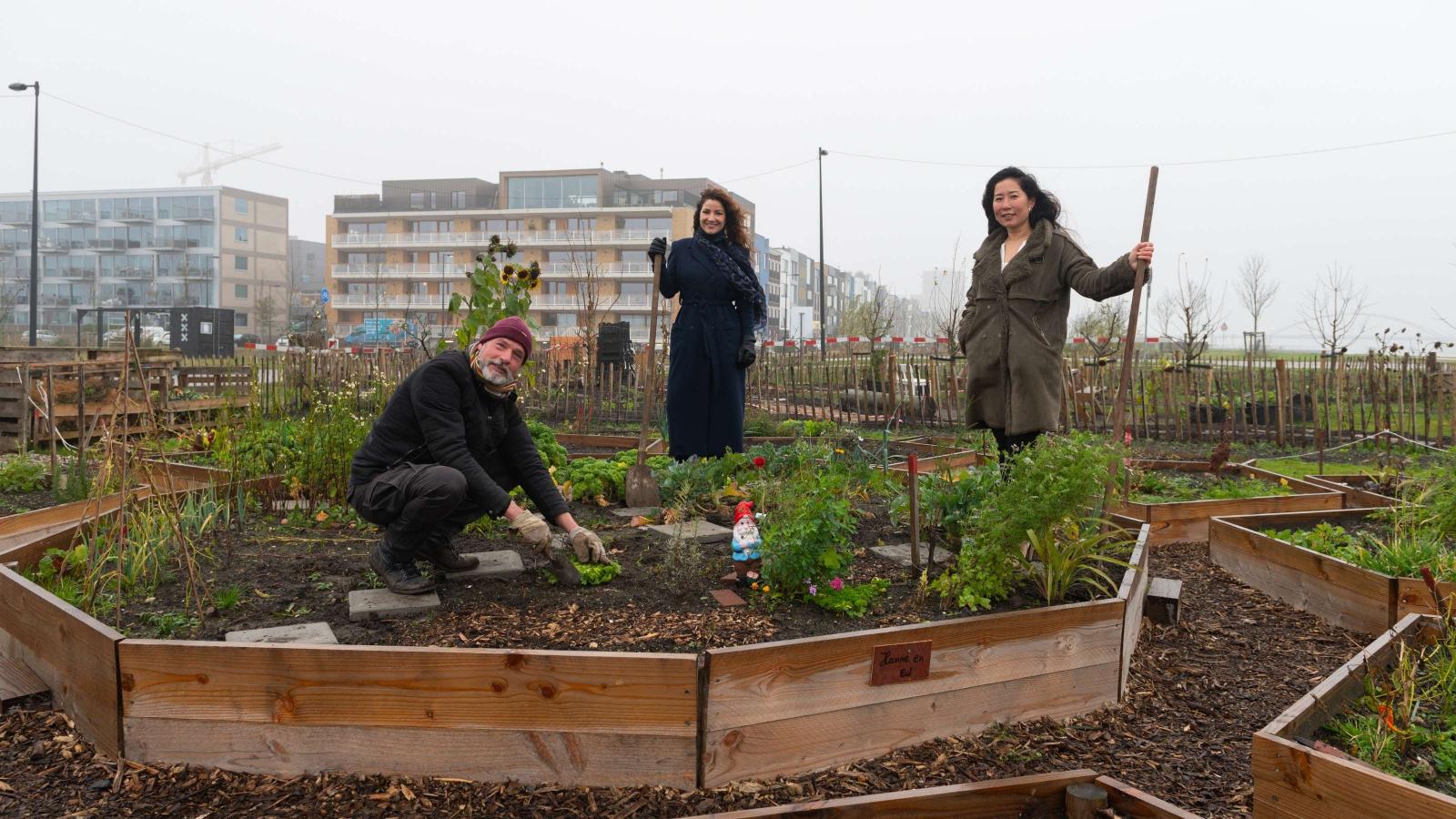
Food
Food
The sustainable food transition in Amsterdam is in full swing! We wasted less food in 2020 than previous years, and fair, local and seasonal food, vegan cuisine and meat alternatives are ever-more popular, affordable and easier to access. There is a fantastic network of organisations in Amsterdam committed to food sustainability, including Bloei & Groei, Too good to Go, and the Amsterdam ‘Buurderij’ click-and-collect local farmers’ markets. Last year, the Corona crisis had a colossal impact on the distribution and production of our food, which led to the bloom of the inspiring local initiatives Boeren voor Buren and Support your Locals, enabling more citizens in Amsterdam to buy locally.
While these figures are a cause for celebration, The Monitor also reveals how much there still is to do. In 2020, the average Amsterdam meal travelled three-quarters the world over (30,000) before reaching our plates, only 5% of this food was locally sourced, and we ate more meat than the year before. A sustainable food system requires collective interest and action. Buy locally, join local gardening projects in your neighbourhood or even start your own mini allotment on your balcony, roof terrace or garden!
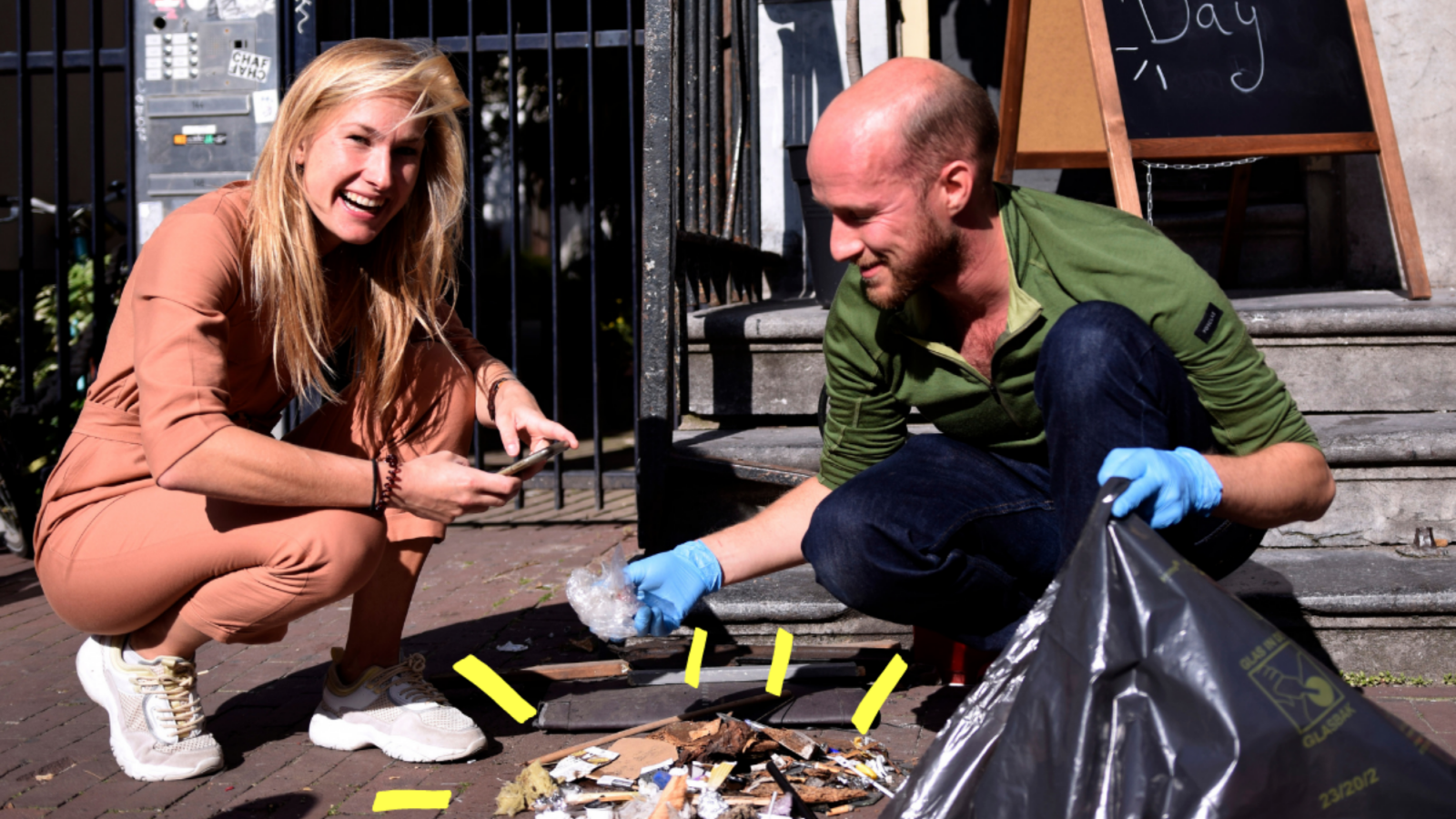
Waste
Waste
Picture a city that is waste-free, where materials are reused, recycled and repaired, sourced locally where possible, are of an honest price and can be accessed by all. This waste-free, circular economy is what the Amsterdam Municipality pledges to be by 2050. In order to achieve this goal, the establishment of a total transformation in waste treatment and full access to and use of circular and recycled materials will be necessary.
There is a downward trend in total household waste. In 2019, the average Amsterdam citizen produced a total of 381kg of waste, 16% of which was sorted and separated. Citizens are separating more glass and textiles themselves and from 2021 the Amsterdam Municipality plans to enable the separation of vegetable, fruit and garden waste (GFT), accounting for approximately half of our total household waste.
Across Amsterdam, there’s been a growth in community and neighbourhood programmes to speed up the circular transition, including I can change the world with my two hands, Van Afval naar Oogst based in Amsterdam West, the free My little Plastic Footprint App and one of our many Repair Cafes that are well worth checking out!
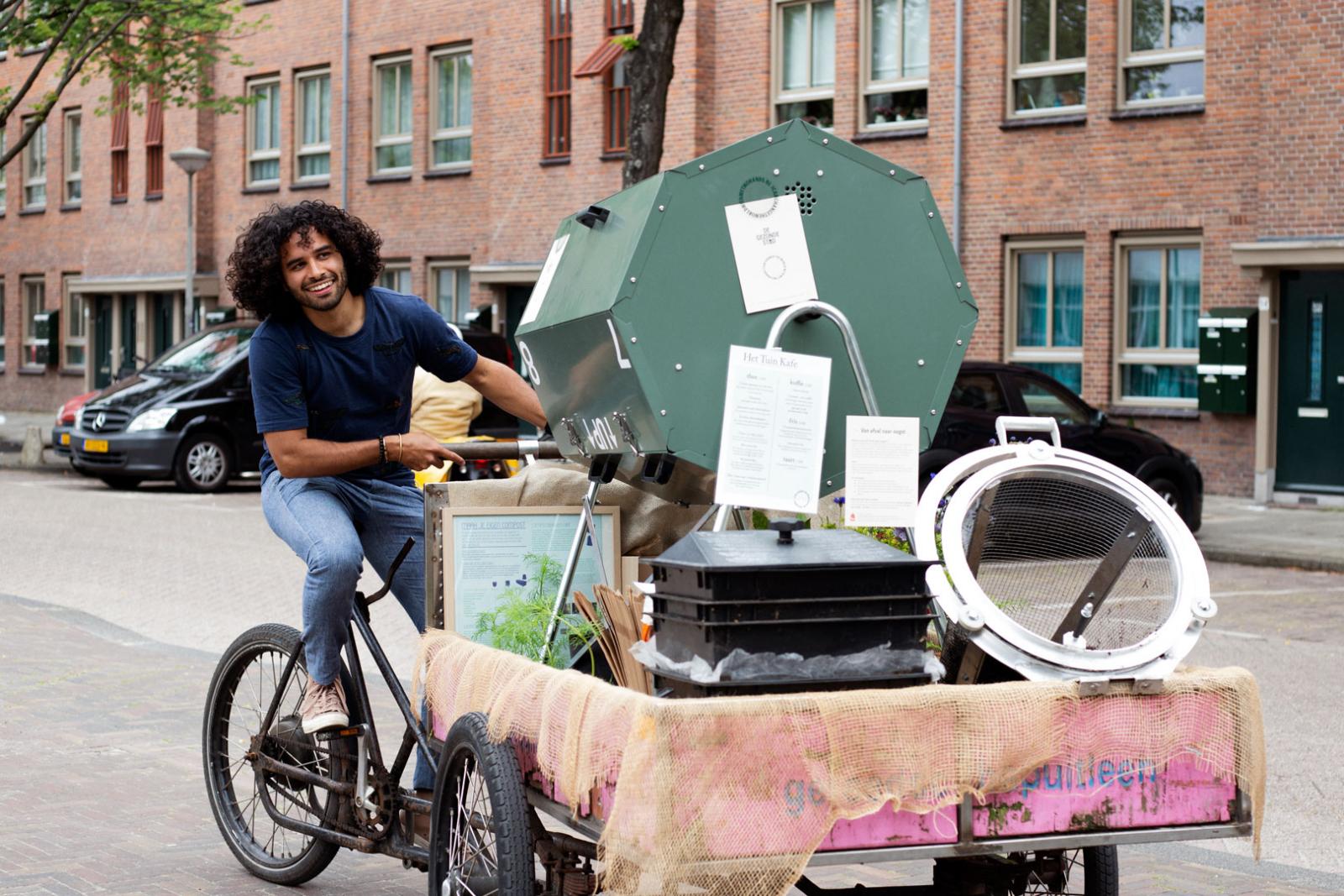
Energy
Energy
In 2020, we saw an increase in our household energy consumption in Amsterdam, only 8.1% of which was sourced from renewables. Statistics show that wind and solar energy capacity and production is on the rise in Amsterdam, though much more will need to be done to reach the 2050 targets of Amsterdam as a climate neutral city. , when the city will be climate neutral and emit 95% less CO2 than 1990 levels.
Participating in this exciting transition for citizens and organisations is fun and easy. Government subsidies help us produce our own solar energy on our roofs and we can compare and switch to green energy with ease through the website www.gaslicht.com. Interested in reducing your energy consumption? There are multiple organisations that give practical advice, such as !Woon and De Groene Grachten.
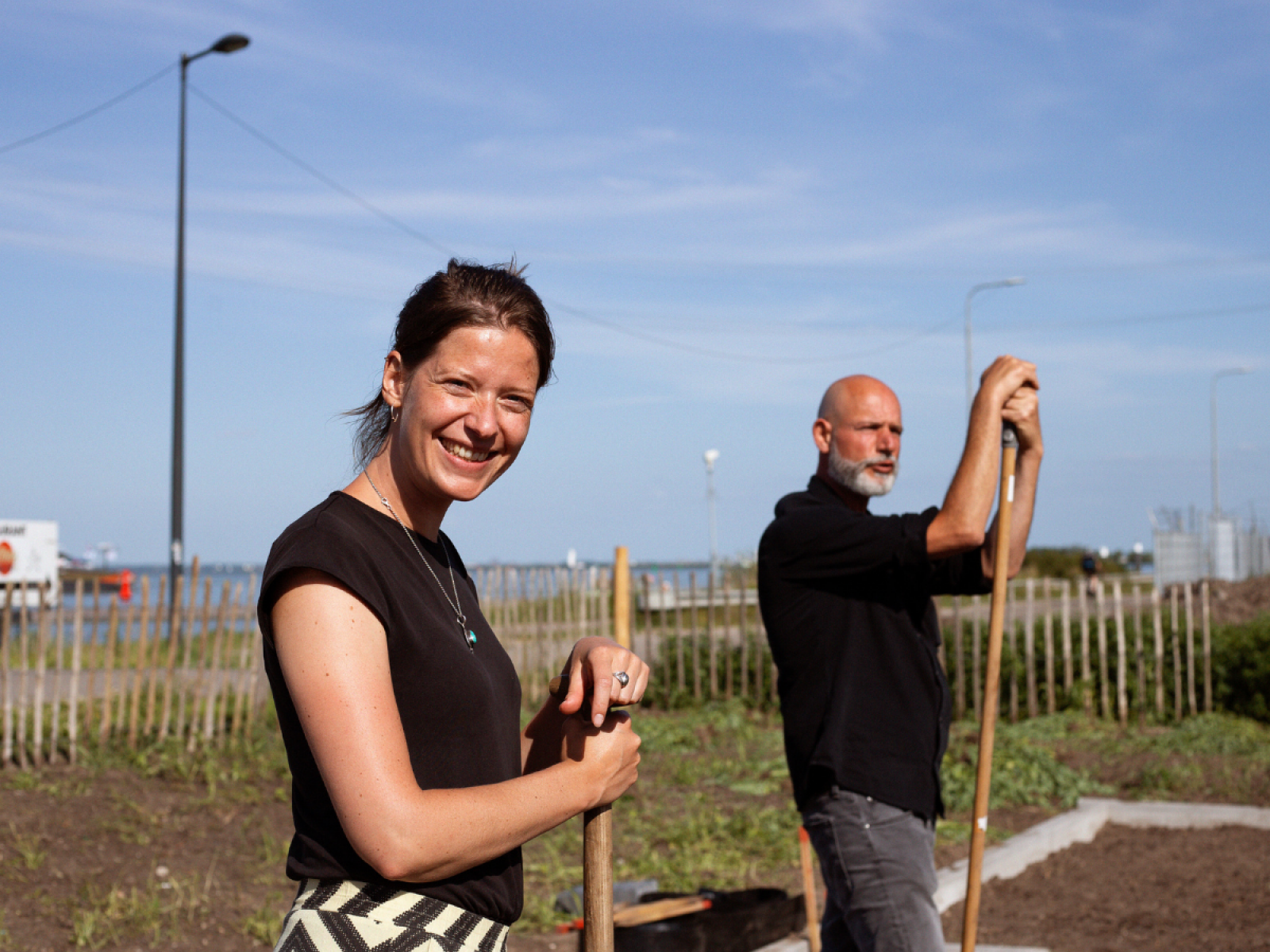
Clean Air
Clean Air
Yes it’s true, the Amsterdam air is getting cleaner! While Covid has helped to lower the level of traffic and air travel during the recent pandemic, we have already witnessed a downward trend in polluting particles and particulate matter throughout the past ten years. Much of this stems from the implementation of Milieu Zones and the increased use of hybrid and electric vehicles, demand for which has increased threefold since 2015. The Municipality has pledged to make Amsterdam a fully electric city by 2030, a brave plan when currently 4.%5 of all registered vehicles in the city are currently hybrid or electric.
To get this underway, it is becoming easier for all citizens without a car to rent electric vehicles, bikes and other transport, through organisations such as Peddler, TringTring and Bringly. Initiatives are also working hard to transform polluted roads into greener and safer spaces to travel along, such as the Knowledge Mile Park initiated by Knowledge Mile and De Gezonde Stad. What are some other ways to make a positive impact? Cycle more, drive less and take the train whenever possible when travelling long-distances. Through such steps, we will continue to make Amsterdam a healthier place to live!
Wha's next?
What's next?
Are you curious to know more about De Monitor 2020 and the work we’re doing? Would you like to share ideas for making Amsterdam healthier, or are you or the company you work for interested in taking part in sustainability projects happening across the city? Please get in touch with us via info@degezondestad.org!
Text by: Laura Brouwer
Blog
Meer berichten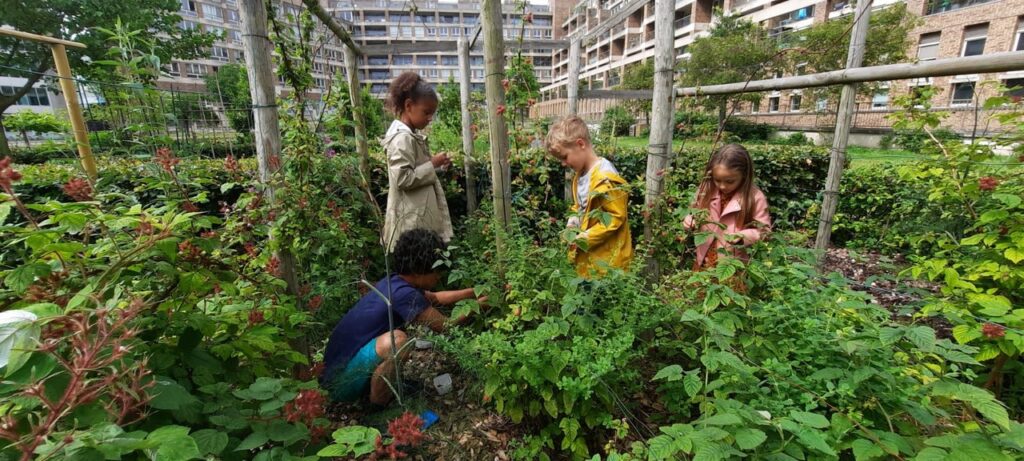
do 5 juni 2025
Interview: Stadstuin Bos en Lommer
Vanuit ons kantoor kijken we uit over een prachtige stadstuin, opgezet en beheerd door omwonenden van het Bos en Lommerplantsoen. De stadstuin wordt verzorgd door een groep van zo’n 20 buurtbewoners. Het is een diverse groep, met mensen van verschillende leeftijden en achtergronden. Samenwerken in de tuin verbindt.
Get in contact with us!
You are part of the city and thus part of the changes. If you have any ideas, questions or initiatives that you would like to share with us, please contact us through this form.
(we cant translate the form so:
– first name
– last name
– email address
– where (what neighbourhood) do you live?
– what would you like to share?
Thank you!)
